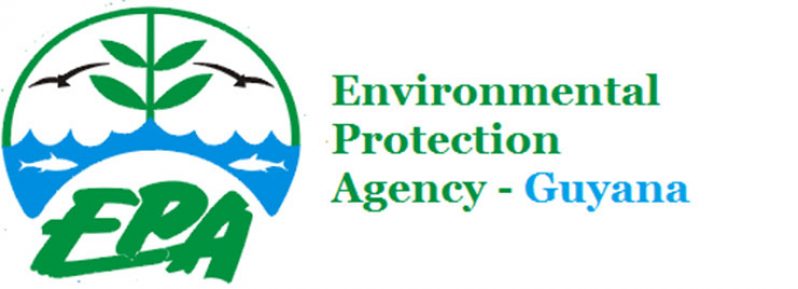In our feature last week, we introduced you to methods utilised by the Environmental Protection Agency (EPA) to foster public participation. Last week’s article discussed the importance of reading public notices and attending public scoping meetings.
The article highlighted that public scoping meetings are utilised for projects where an Environmental Impact Assessment (EIA) is required, because the impacts of the project may be either significant or unknown. This essentially gives the public the opportunity to have their say in the development of the project.
This week’s article will further explore frequently asked questions with regards to these meetings, so that you can be fully equipped to participate and make meaningful contributions as a citizen of Guyana.
WHERE ARE PUBLIC SCOPING MEETINGS HELD?
In most instances, public scoping meetings are held in central locations of the communities or regions where the proposed project is expected to have the greatest impact. This is done intentionally and allows for residents to attend to learn more about the project and identify some of the potential impacts in the preliminary stages of the project.
HOW MANY PUBLIC SCOPING MEETINGS ARE CONDUCTED FOR A PROJECT?
The number of public scoping meetings vary depending on the type, scale and nature of the project. However, it is the discretion of the EPA to suggest the number of meetings and possible locations for these meetings based on the project.
HOW WILL I KNOW OF SUCH A MEETING?
After it has been decided that a project requires an EIA, a notice is published via the newspapers, inviting comments from the public within 28 days. Scoping meetings are usually held during this period or may be extended depending on the circumstances. Notices for these meetings are also advertised via radio, TV local newspapers, other print and publication media, EPA’s website and social media sites. Notices and flyers are also posted at public offices in communities and distributed to households to inform the public of upcoming meetings.
WHY SHOULD I ATTEND SUCH A MEETING AND HOW CAN I CONTRIBUTE?
Besides having an important role to play in the development of communities and the country at large, inputs from citizens are necessary to ensure the project is sustainable. Additionally, the public can help identify the potential impacts to their community since they provide a wealth of traditional knowledge and information, e.g., on historic sites, past and current land use and biodiversity in the area etc. Moreover, inputs from citizens can determine whether or not the project is granted an Environmental Authorisation.
WHAT SHOULD I EXPECT AT THESE MEETINGS?
From this kind of meetings, citizens can expect the developer to present important information on:
* a description of the proposed project inclusive of site, design and size;
* possible effects on the environment;
* the duration of the project;
* a non-technical explanation of the project; and
* any other information the EPA deems relevant.
WILL MY CONTRIBUTION BE CONSIDERED?
Most definitely! The EPA chairs the scoping meetings and all comments/ concerns/suggestions/recommendation and questions raised at these meetings, will be used to guide both the EPA and the developer to develop terms and scope of the EIA study. This is used to guide the Environmental Impact Assessment (EIA) study.
The goal of the EIA is to protect and enhance the quality of human life as well as protect the environment, all to ensure development is conducted in a sustainable manner and in keeping with Guyana’s green developmental path. It is important to note that even if members of the public are unable to attend these meetings, they can send in written comments to the agency.

You can share your ideas and questions by sending letters to: “Our Earth, Our Environment”, C/O ECEA Programme, Environmental Protection Agency, Ganges Street, Sophia, GEORGETOWN, or email us at: eit.epaguyana@gmail.com or follow us on Facebook and Instagram.














